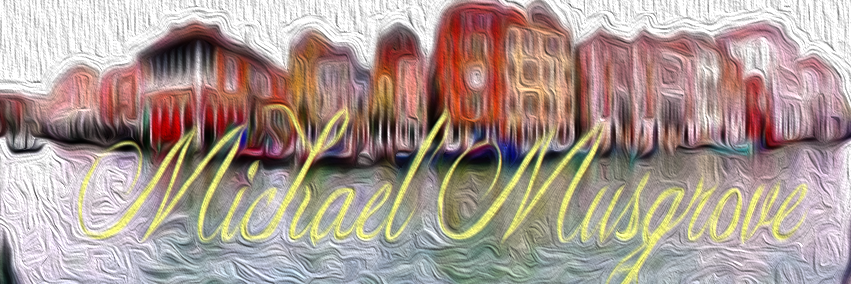Self-confidence is something that comes naturally to some people. Whether it’s appropriate and deserved is another matter. But this lesson is one I’ve learned in some emotionally hard ways, too many times.
“Self-confidence” is taught implicitly by one’s parents and 5 closest people around a child as they grow up. That’s one of many amateur psychological theories I have about human development. Having studied a lot of psychology throughout life, and then observing human behavior as I age, a lot of these theories seem to be validated. Amply, in some cases.
I’ve second-guessed myself, gone back on decisions I’ve made, changed my mind after making hard decisions, and so on. And now, at age 52, I look back and try to identify patterns throughout my own life of course as well as others’ lives that constitute a “lesson.” Some bit of knowledge that reduces misery, which gets greater as you age. For most people, at least. I don’t mean to say that by the time you’re 50, you’re inescapably miserable in every way. That isn’t what I mean AT ALL. The misery that surrounds you gets greater, in that you lose friends and family to mortality at an ever-increasing rate, until a point where it’ll be seeing who’s the last man standing. You see a lot of sad, and even horrible, things that tend to compound over time. And the responsibilities get huge for most adults. That’s expected because as you get older, you learn better-coping skills and more efficient, and fulfilling – that’s important to note – means of living. Gaining more accountability is healthy and what we should seek. Otherwise, you’re mired in childhood and in a state of arrested development. I know someone very well this describes, in fact. He’s never matured past his teen years and is in his late 70’s now. He’s still a child developmentally.
Things don’t get easier in life, you get stronger. Again, MOST people do. And as a result, more and more can be dealt with as we become adults. We have some generations on our hands right now where that hasn’t been the case at all, and it’s become apparent through the election results and media outlets interviewing these spoons.
Having self-doubt is normal and natural. But there come 2 important points in life when you should begin setting aside self-doubt and see how it works for you. I’m willing to bet if you are somewhat intelligent(and I know my daughter is super-smart and creative, and who I’m writing this for), it will work out well. I don’t believe we’re born with intuition, as some people (especially females) seem to believe. It comes from experience and being able to size situations and people up.
That point is when you’ve gathered enough experience (that just takes time and nothing more) and school to be able to connect dots, spot patterns, and look farther down the road. And I don’t mean the weekend. I mean years and longer.
The other point is when the stakes become a lot bigger. Be careful who you marry. That’s a BIG one. Trust your instinct with this and not your hormones or be misguided by others who have no skin in the game. Everyone’s an expert when there’s no risk or cost to them, you see. And talk isn’t just cheap, it’s free. In theory – it can end up being very expensive for some people in the end. And you’ll hope there is eventually an end. (Sometimes there isn’t.)
This lesson not to second guess yourself is also HIGHLY applicable when test-taking in school or for certifications or many multiple-choice situations, I’ve found. This is one where I’ve done a lot of trial and error in school and paid the price so Cecelia won’t have to. I have proven that second-guessing myself on tests is nearly always regrettable. As in, erasing my first answer and going with another after either overthinking it all or taking myself out of my original answer. NO! Stay your ground and stick to your guns! It almost invariably will have been the first choice that was the correct answer. Given that you’ve prepared for the test adequately and aren’t going in cold. In that case, you’re on your own. Just guess “C” if you start running out of time is my advice for that undesirable scenario and you are taking a multiple-choice exam.
And note: this lesson has nothing to do with admitting when you’re wrong. Never be afraid to admit being wrong. Everyone is wrong at some point, and no one likes being or wants to be wrong. But it happens all the time to everyone. Be strong enough to admit it, correct it, and learn from it. Make any necessary apologies, if the error has impacted others negatively. Always be gracious. People appreciate it. The more you admit fault it gets easier because you get stronger. That goes for anything hard in life, in fact.
